

Search this site:
Click on image for PDF version
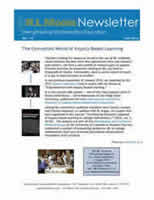 |
|
|
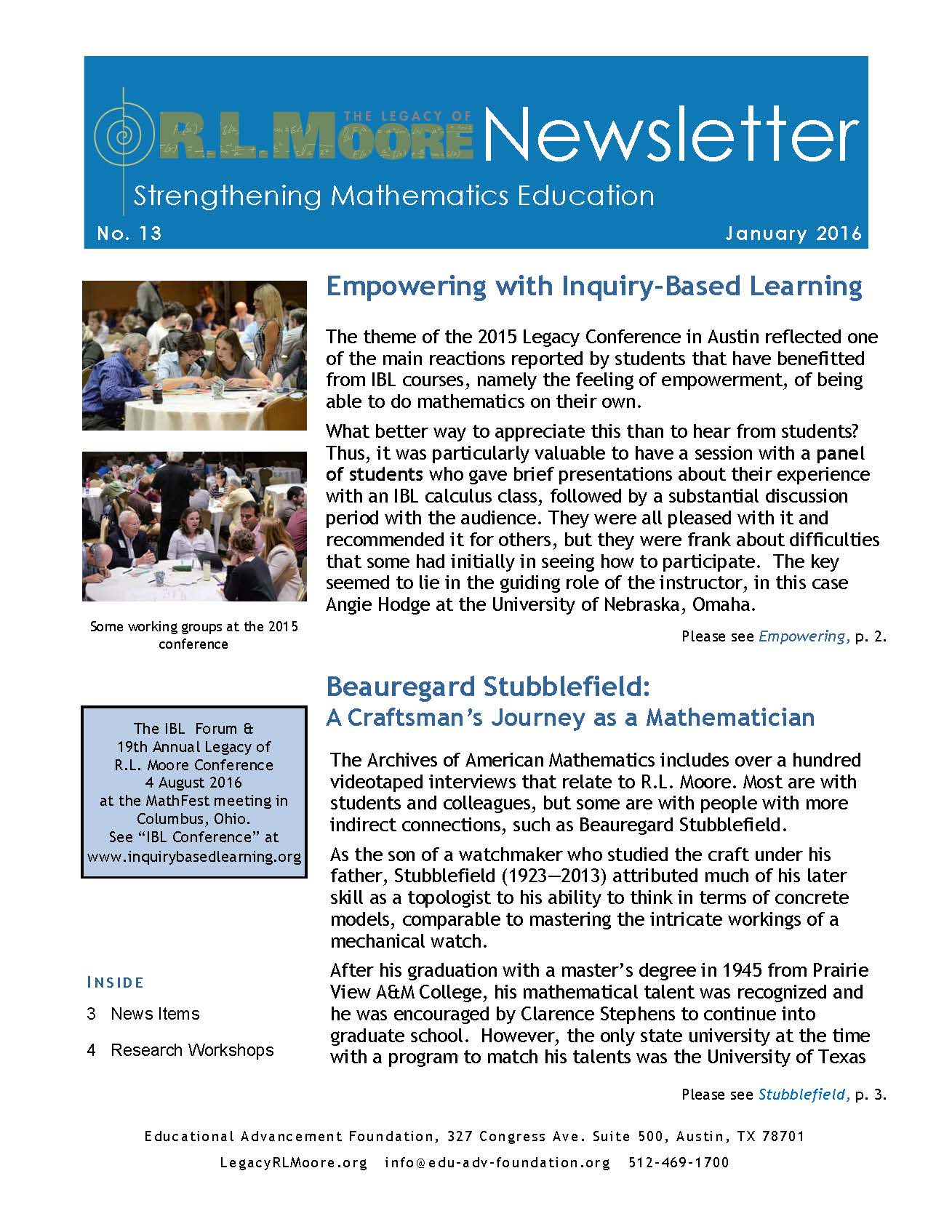 |
|
|
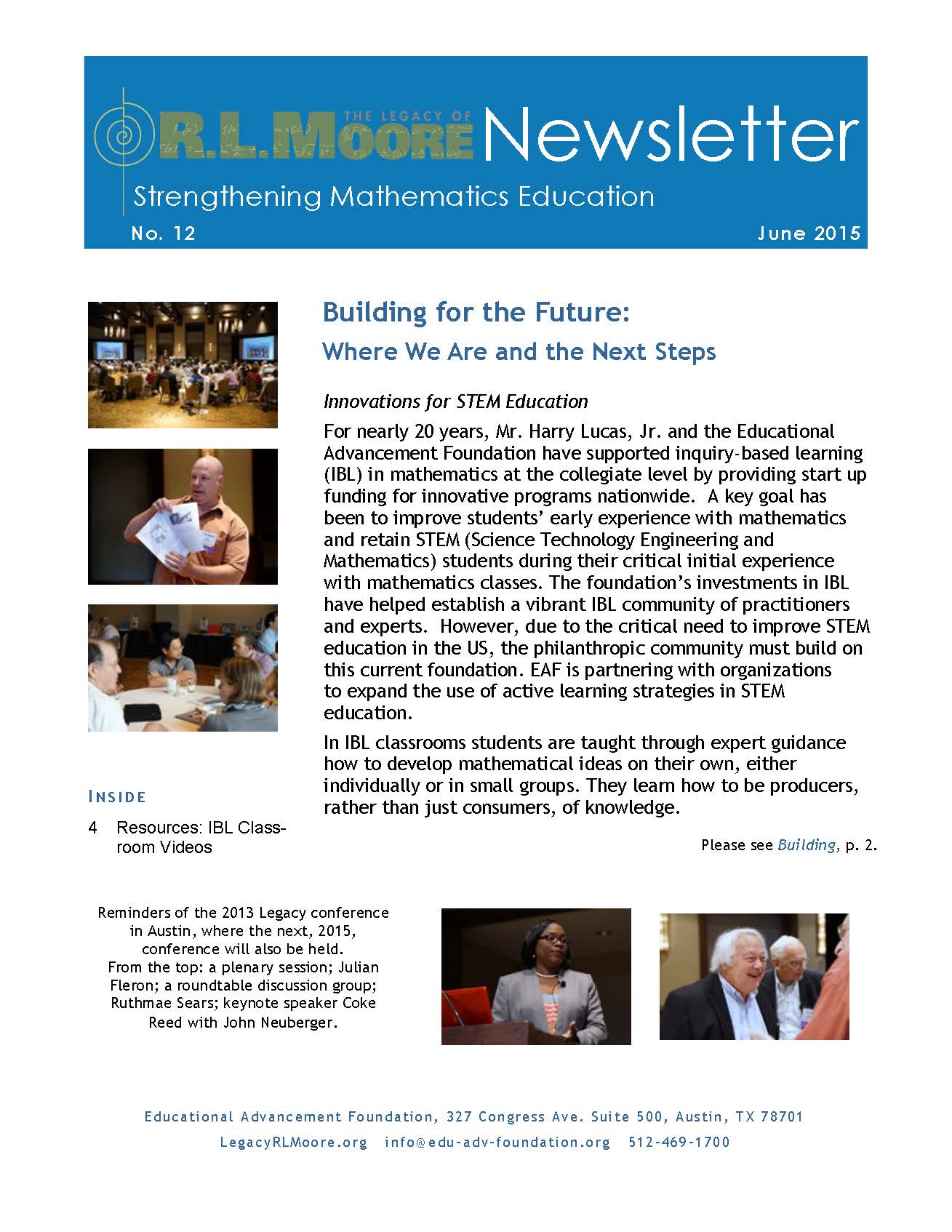 |
|
|
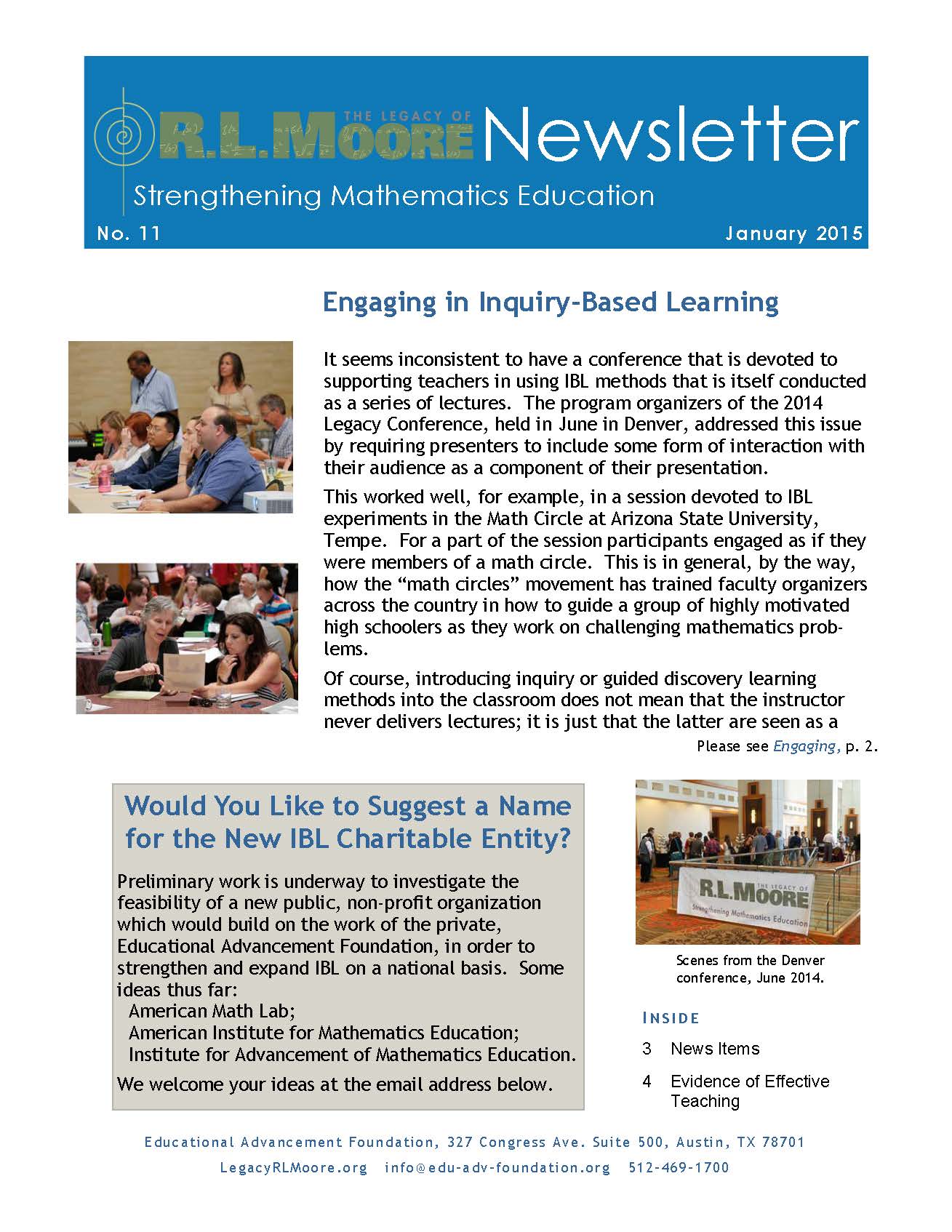 |
|
Carl Pierburg, Senior Director for Football Systems, Atlanta Falcons |
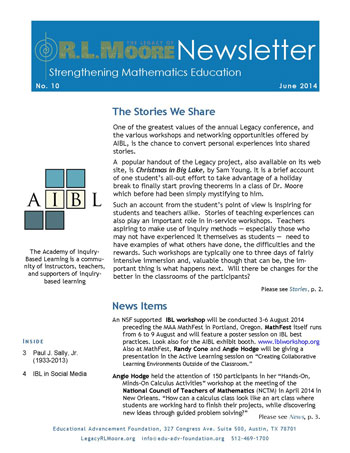 |
|
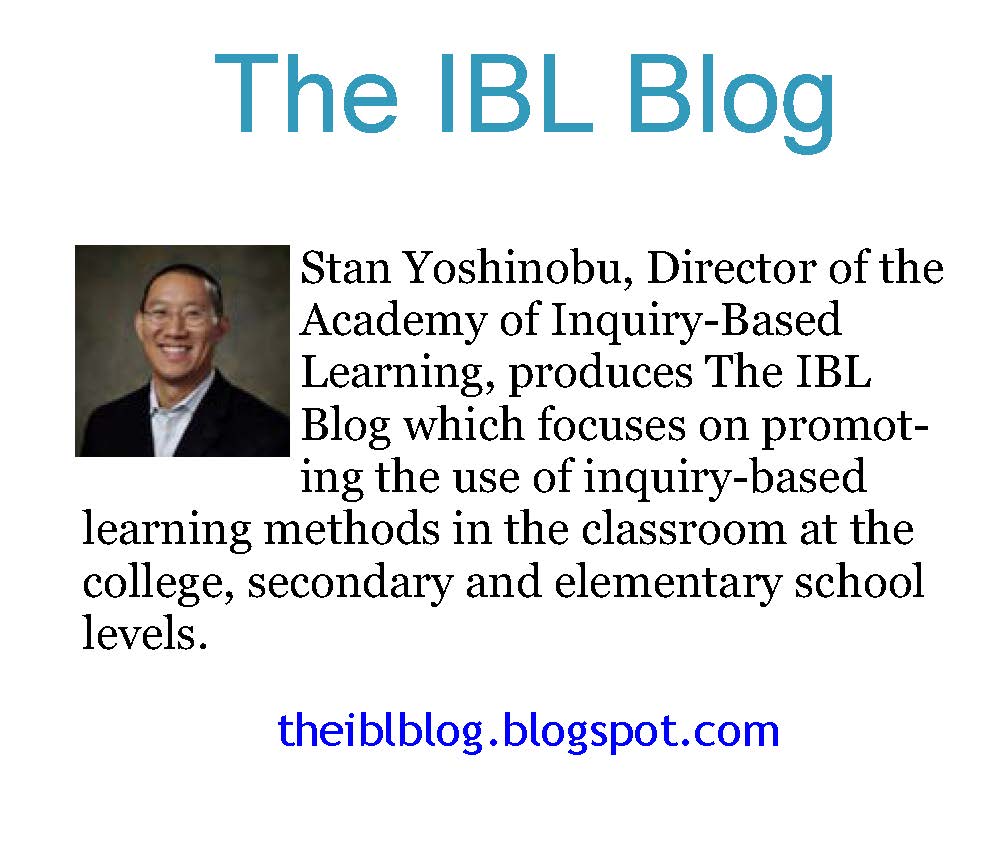 |
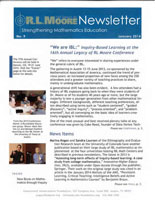 |
|
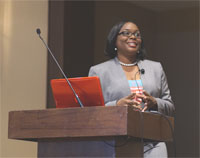 |
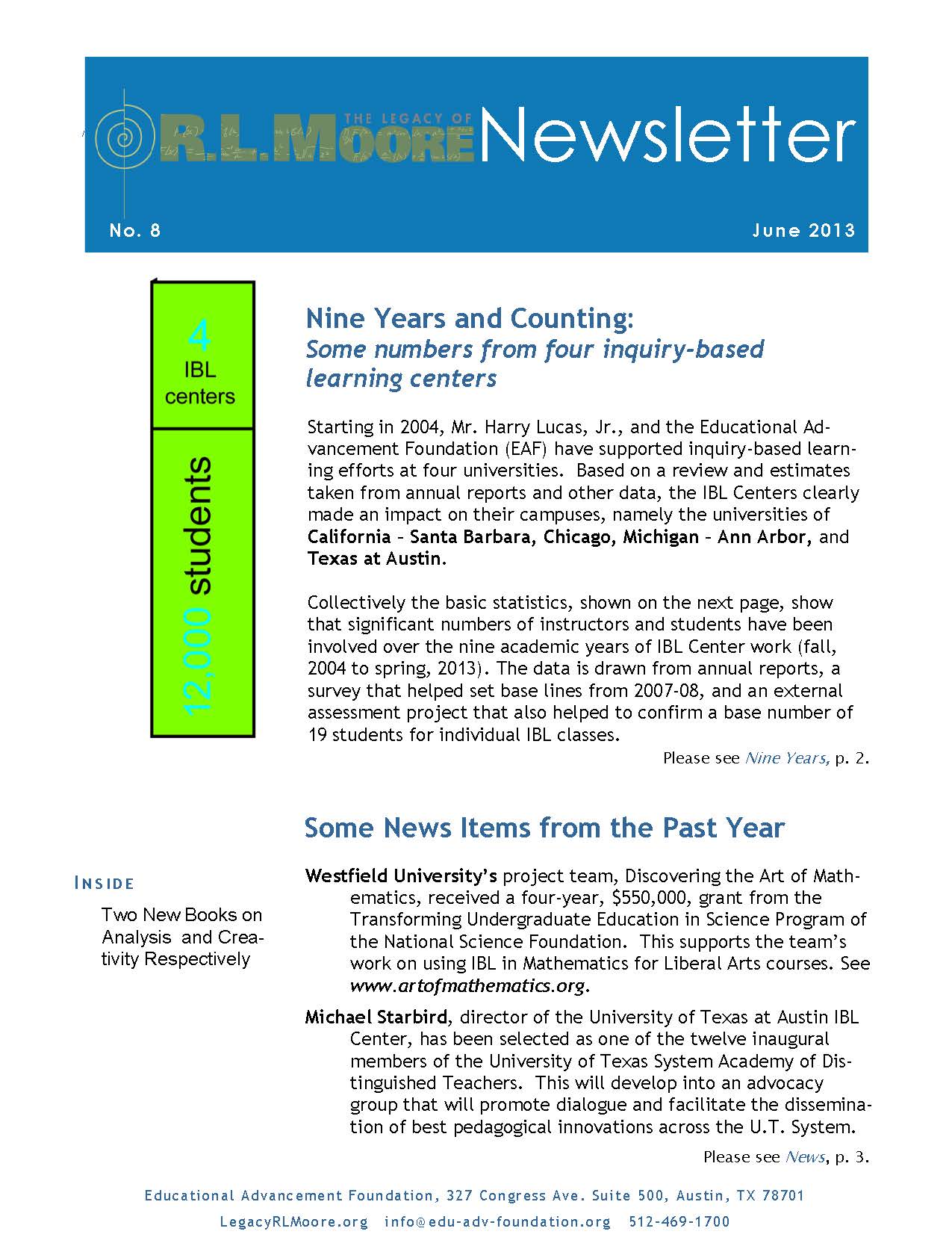 |
|
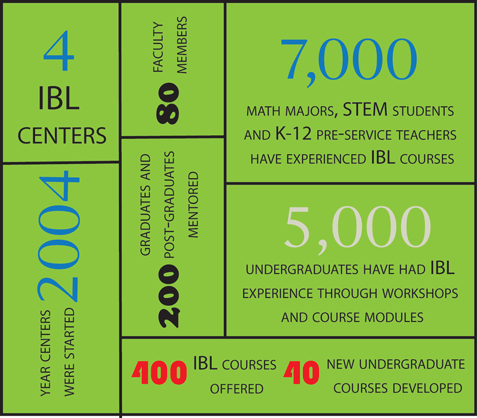 |
|
||
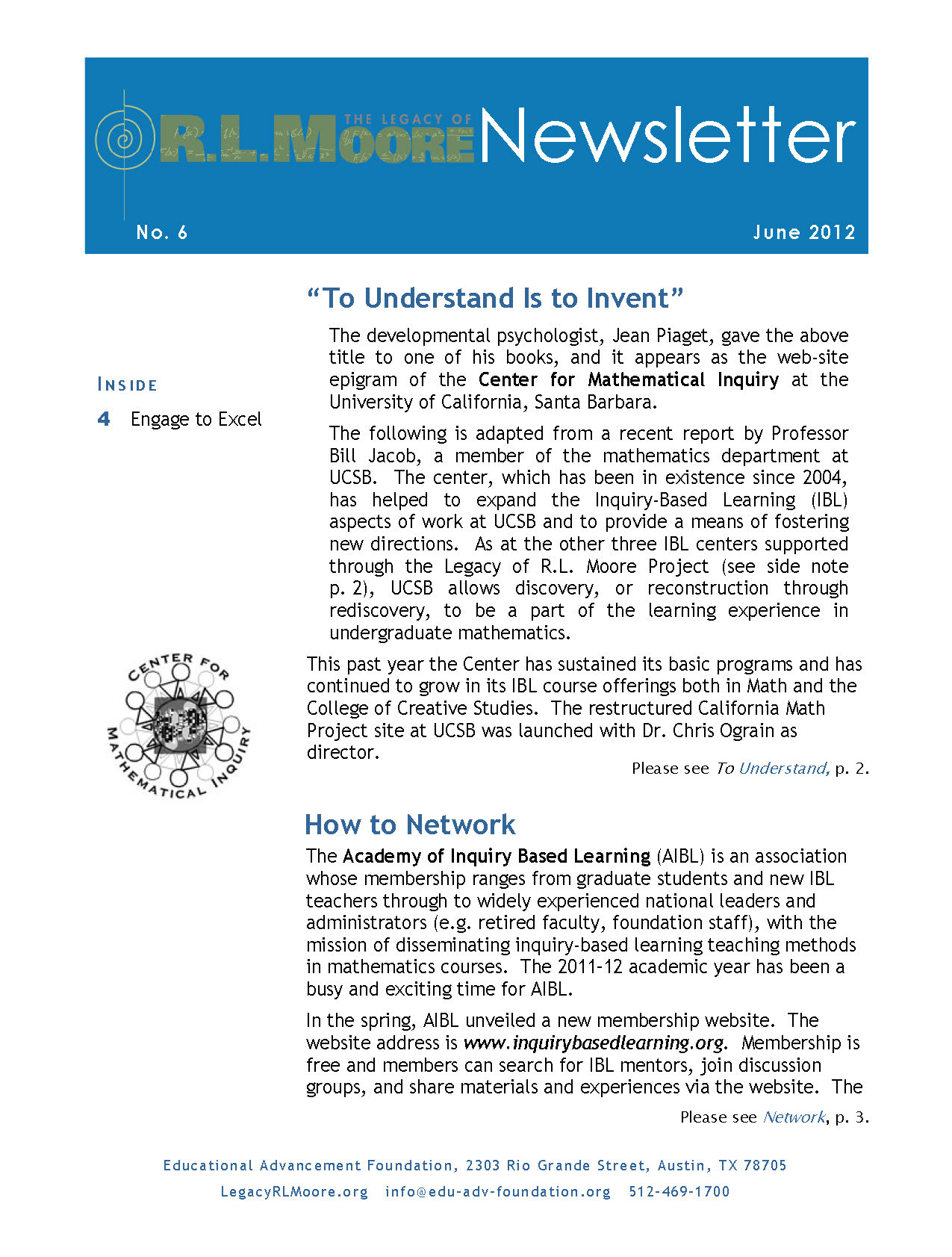 |
|
|
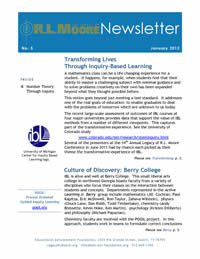 |
|
|
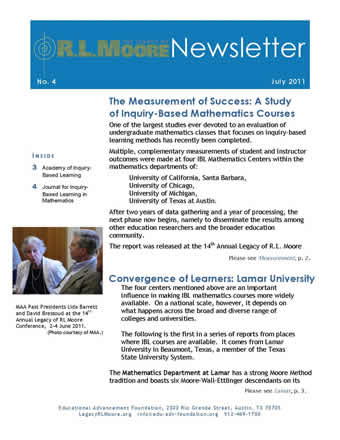 |
|
|
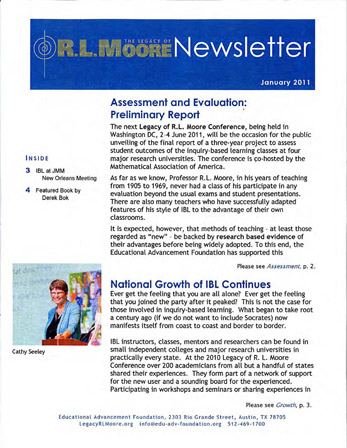 |
|
|
|
||
INQUIRY-BASED LEARNING
ACTIVITIES AT FOUR MAJOR UNIVERSITIES
Four centers have been funded by the Educational Advancement Foundation to support IBL activities.1 Help has been provided by certain key individuals along with substantial “in-kind” support from each of the four universities.
The two main goals (both achievable by sequences of extensive IBL courses) are the maximum development of each person’s ability:
to teach, and
to do research.
The ability to teach well and to do research (from problem solving through creative, original work) is optimized by each student experiencing the IBL course sequence; i.e.: “Learning by Doing”.
Many studies confirm that active engagement is an important key to learning – two of the most recent are published by the National Academies Press2. IBL has proven to be an effective way to stimulate active student engagement.
The professors personally involved in teaching and managing at these locations are listed with contact information.
UNIVERSITY OF MICHIGAN
Professor Ralf Spatzier – Spatzier at umich.edu; 734-763-3269
UM Center for Inquiry Based Learning
UNIVERSITY OF CHICAGO
Professor Robert Fefferman – rfefferman at math.uchicago.edu:
773-702-7100
Professor John Boller –boller at math.uchicago.edu 773-702-7100
UNIVERSITY OF TEXAS AT AUSTIN
Professor Michael Starbird – Starbird at math.utexas.edu;
512-471-5156
Clinical Professor Mark Daniels – mdaniels at math.utexas.edu; 512-475-9145
Inquiry Based Learning Project
UNIVERSITY OF CALIFORNIA, SANTA
BARBARA
Center for Mathematical Inquiry
Professor Jeffrey Stopple– Stopple at math.ucsb.edu;
805-893-2179
Professor Bill Jacob – Jacob at math.ucsb.edu; 805-893-8048
UCSB Department of Mathematics
Center for Mathematical Inquiry
A multi-year, comprehensive evaluation of the courses at these four centers examines student outcomes of inquiry-based learning (IBL) in undergraduate mathematics and links these outcomes to students’ and instructors’ experiences of IBL. This is being conducted by the Ethnography & Evaluation Research unit at the University of Colorado at Boulder.
1 The IBL project at Harvard University has also received grant money.
2 National Academies Press (http://www.nap.edu)
The R.L. Moore Legacy Project
Comments to the Legacy Webmaster
Last revised 28 February 2018